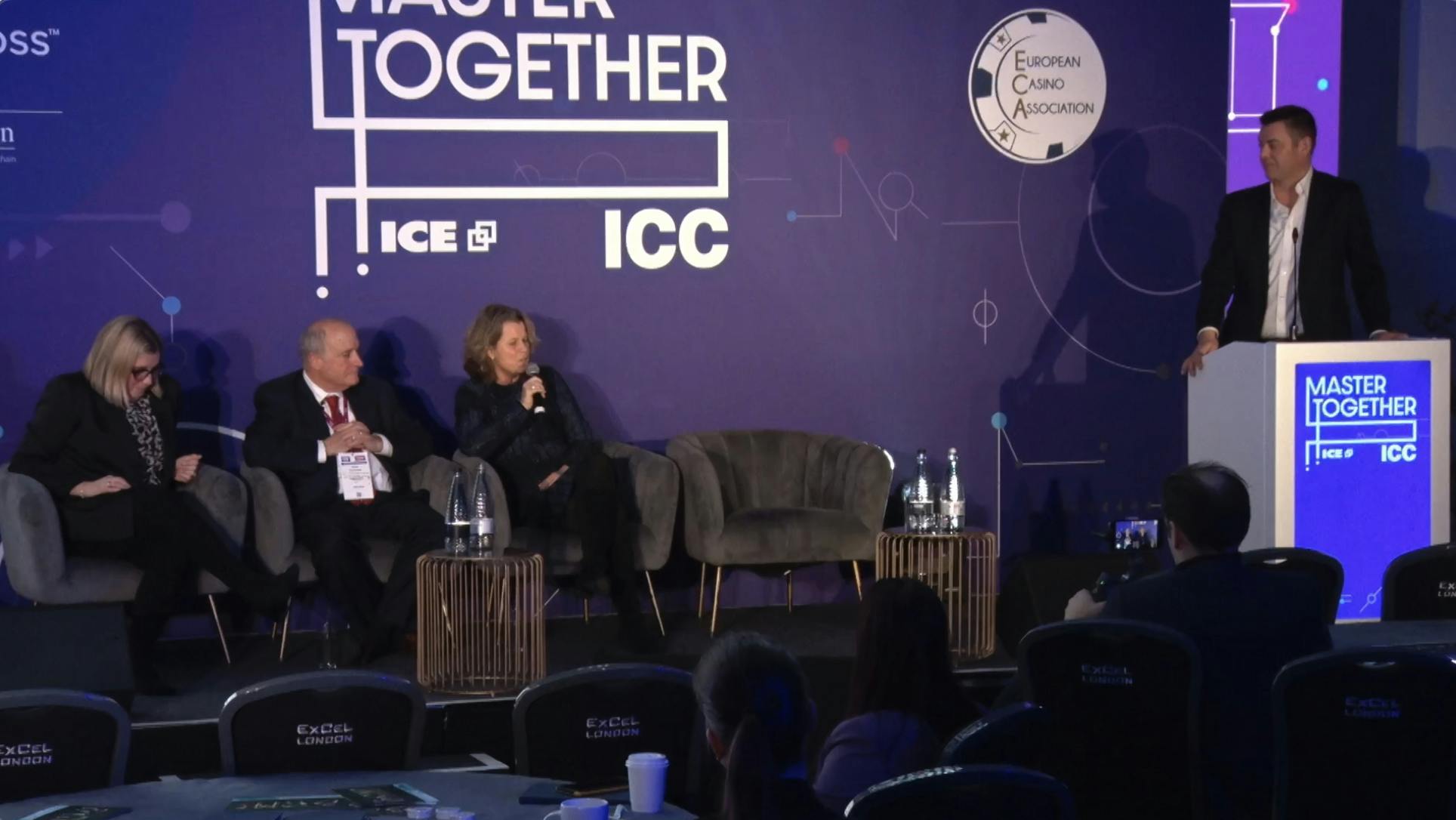It’s well-known that the global games industry faced various internal and external challenges towards the latter part of 2022. These included COVID-related production and development setbacks, global economic turbulence, rising development costs, the crypto winter, and a slowdown in investment in certain areas of the industry (most notably, blockchain games and mobile game development). Although investors have significant funds available, there appears to be hesitancy to invest in the sector at the rates seen previously.
What the year has in store for gaming
According to a report recently published by Enders Analysis, 2023 will be a crucial and pivotal year for the games industry, with regulators continuing to examine major players such as Microsoft and Epic Games. The decisions made by governments in Washington, Brussels, and London could significantly impact the industry’s long-term health and how consumers access games in the future.
The Microsoft-Activision Blizzard acquisition is a controversial issue that has faced regulatory intervention. Nonetheless, the deal could still benefit Microsoft, Activision Blizzard shareholders, and gamers, helping to rectify the major issues caused by Activision Blizzard’s previous leadership. Moreover, Microsoft’s proposal to provide access to the Activision content library to Sony and Nintendo consoles for up to ten years while driving consumers to Xbox Game Pass is a promising strategy.
However, Microsoft’s messaging regarding the deal’s benefits has not been effectively conveyed to regulators, and Xbox management’s diversionary messaging has not helped. This stand-off with regulators has led to a subdued M&A market in the games sector, which could have a chilling effect on the value of developers both large and small. The deal’s outcome could define Microsoft’s 2023 and the shape of the games industry for years to come, with ramifications for mergers and acquisition activity, particularly in the media and entertainment space.
From a consumer perspective, a subscription-based approach like Microsoft’s could be the way forward, allowing players to access quality games across multiple platforms without having to spend a lot on proprietary hardware. This model could put quality games into the hands of millions more players and reduce the prevalence of predatory “free-to-play” gaming.
On the other hand, Sony’s ecosystem model is costly for consumers, as it entails high expenses for new hardware and limited game accessibility. Although Sony’s top IP franchises have entered the entertainment mainstream, the company’s increasingly assertive behaviour raises concerns for both consumers and developers.
In addition to gaming consoles, increased regulatory involvement may also impact the PC and mobile gaming sector, as Epic Games faces regulatory scrutiny in the US and EU for its practices in the free-to-play game market. Nevertheless, Epic Games is not alone in engaging in perceived exploitative business practices, and the company is making efforts to promote greater competition among app stores in mobile technology platforms.
Finally, cloud gaming and game streaming services, such as Netflix building out its AAA games capability, have the potential to deliver console-like gaming experiences to millions via built-in services on new televisions, or offering greater access to titles through other devices and platforms (Mobile/Tablets, etc.). This technological shift poses the most significant threat to PlayStation’s hardware business in the long run. Although Sony, as a major TV manufacturer, could excel in this area, the company’s 2023 plan seems to involve maintaining the status quo at all costs.
Impact on hiring
As we move further into 2023, many are wondering how executive hiring and recruitment will be impacted in the wake of recent industry developments. Will there be more layoffs on the horizon?
Although layoffs in video game development vary from those in media, which faces an unstable advertising market, or technology, which is experiencing a decrease in demand for things like cloud services, the rationales behind layoffs in game development are more particular. They may arise from a specific studio’s poor performance or a company’s change in direction.
Undoubtedly, some companies are already considering restructures, cost-cutting, or pivoting where titles haven’t performed as well as expected in 2022. The industry can no longer rely on the growth seen during the pandemic-induced lockdowns, where people were staying at home and buying and playing more games. Companies of all sizes need to make more prudent financial decisions, as the current climate is more challenging. If plans don’t come to fruition, tough decisions will need to be made.
However, overall, employment in the video game industry remains favourable. 2023 is shaping up to be a promising year financially, with several highly anticipated titles landing or on the horizon and new studios emerging. Recent conversations on our side point towards more C-Suite and board hires to help games developers and publishers navigate periods of transformation or growth successfully.
Conclusion: Outlook good!
To sum up, the games industry undoubtedly faces several challenges in 2023, with further consolidation a likely theme. But there are reasons for optimism, as evidenced each day in my own household, with our kids investing well-earned pocket money and time into titles like Roblox, Fortnite, and Sims. The gaming community’s consumer appetite and confidence remains high as does their loyalty, and greater advancements in technologies are paving the way for cloud gaming services to be more accessible, and affordable to broader audiences. There definitely looks to be speed bumps ahead in the road, and further major headlines still to be written around the topics above, but with that all said and done, in my view the future of the games industry is generally in good hands and still looks very bright.



